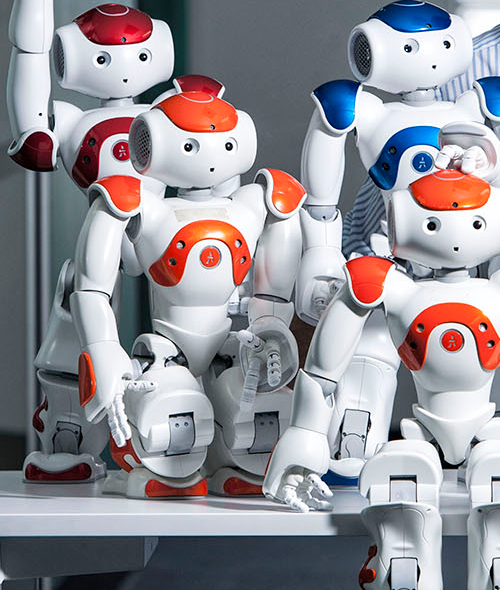Sharp skills shift predicted
 Experts are exploring the ways in which automation, globalisation and flexibility are changing the way we work, and the implications for young Australians.
Experts are exploring the ways in which automation, globalisation and flexibility are changing the way we work, and the implications for young Australians.
Stats show that a 15-year-old today will potentially have up to 17 different jobs over 5 careers in their lifetime.
But research by the Foundation for Young Australians (FYA) has also shown that young people today are not being properly prepared for these shifts - in fact many are already being left behind.
Nearly one in three young people are currently unemployed or underemployed and on average it takes 4.7 years to transition from full-time education to full-time work.
Analysing more than 2.7 million job advertisements, FYA’s research has revealed 7 central job clusters in the Australian economy, suggesting jobs are more closely related than most believe. The experts say a new mindset is needed to change the approach to working life to focus on skills and capabilities, not just jobs.
FYA’s latest study says that by 2030; “We will, on average, spend 30 per cent more time per week learning skills on the job; spend double the time at work solving problems, spend 41 per cent more time on critical thinking and judgment, and 77 per cent more time using science and mathematics skills; utilise verbal communication and interpersonal skills for 7 hours a week each (up 17 per cent); and develop an entrepreneurial mindset due to having less management (down 26 per cent), less organisational coordination (down 16 per cent) and less teaching (down 10 per cent)”.
“By 2030, Australia’s current primary school students will be close to finishing their school education and our high schoolers will be entering the workforce,” said FYA chief Jan Owen.
“To prepare them we must urgently invest in immersive, enterprise education and careers management strategies where the new ‘work smart’ skills are core to teaching, learning and assessment across all school and higher education systems.”
Such an investment would encompass:
- A nation building education strategy to redesign the learning system and curriculum from preschool through higher education (and beyond)
- A new commitment to skills, training, careers education and real jobs for young Australians
- A promise and plan for the equitable intergenerational transfer of knowledge, resources and power in the new economy
FYA’s new paper, ‘Thriving in the new work order’, is available online.







 Print
Print